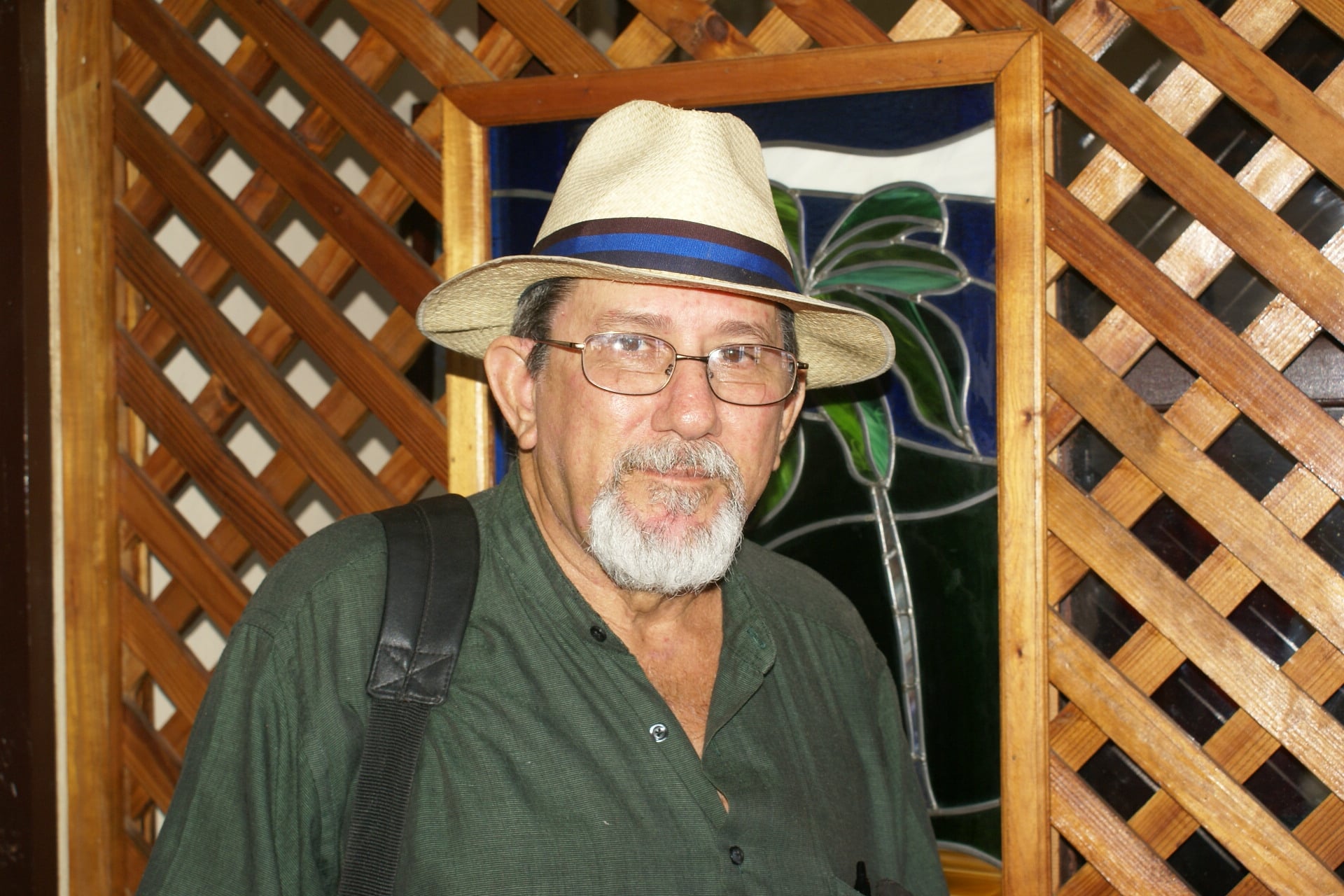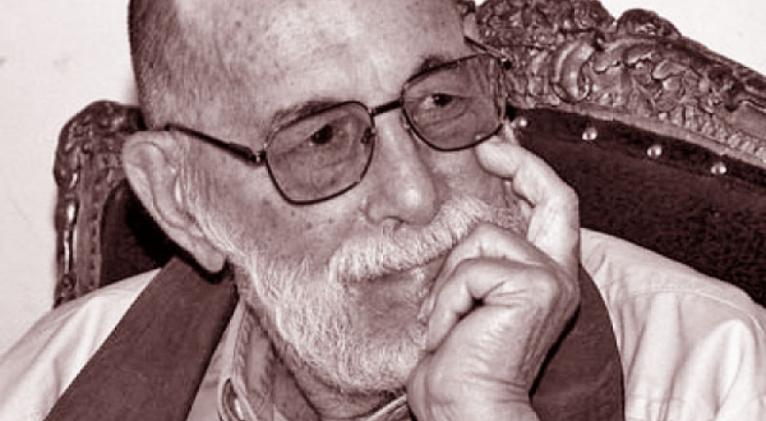Alejandro Hartmann: A Tireless Defender of Baracoa and Its Tradition

Anyone who speaks with historian and city conservator Alejandro Hartmann Matos agrees on one thing: his eyes light up when he talks about Baracoa, Cuba’s primatial city. With over four decades of passionate dedication to his life’s work, he uses research, reading, and the interpretation of generational knowledge—along with the marks left by time itself—as powerful tools in his mission to preserve and enrich the cultural heritage of his beloved hometown.
Hartmann is widely recognized as a tireless advocate—an energetic man driven by an extraordinary and impassioned love for the land where he was born. “I am a patriot—heart, spirit, and soul. I love walking through my streets and greeting my people. I’m also a dreamer—because one must always dream. Dreaming is essential; it inspires and elevates the human spirit.”
To him, Baracoa is a place of enchantment and magic—not only for its wild and distinctive natural beauty but also for its people, their warmth, and their unique way of welcoming visitors. In his view, it’s just as Christopher Columbus described in his journal: “the most beautiful place in the world”—a harmonious blend of nature’s splendor and the spirit of its people.
In recognition of his unwavering commitment, Hartmann was awarded the 2024 National Cultural Heritage Prize for Lifetime Achievement. This honor was granted by a distinguished panel of Cuban cultural figures, including Miguel Barnet, Lesbia Vent Dumois, Jorge Luis Aneiros, Perla Rosales Aguirreurreta, and Jorge Fernández Torres. They applauded his leadership in major restoration projects such as the Matachín Museum, the Minor Basilica of Our Lady of the Assumption of Baracoa, and local fortifications. They also praised his literary contributions to heritage preservation, especially his works like “Diario de Navegación: Los Días de Colón en Baracoa,” “Cuba Indígena Hoy,” and “Baracoa, la Ciudad Primada de Cuba,” which document the rich historical and cultural evolution of the region.

“I’m happy because it’s Baracoa that truly won the award,” Hartmann remarked regarding the distinction. However, among the many honors he has received, he holds the Yunque Award, given during the city’s 500th anniversary, closest to his heart—a moment he describes as deeply emotional.
Looking ahead, Hartmann continues to lead restoration efforts through the Office of the City Conservator. One of his top priorities is safeguarding the vernacular architecture that defines Baracoa—an urban heritage constantly threatened by extreme weather events exacerbated by climate change.
“These days, cyclones like Hurricane Matthew—which damaged nearly a thousand rural and urban homes—strike us more frequently than ever before,” he noted. “More recently, Oscar hit us too. During the recovery phase, we coordinated donations for special needs schools and retirement homes, working alongside Cuba’s Network of Heritage Cities, Spanish NGOs, and friends abroad. In total, we supported around 400 families and vulnerable individuals.”
Hartmann also shared that efforts are underway to fund heritage recovery projects through one percent of the local development budget, aligned with targeted conservation and restoration goals.
He has frequently voiced concerns over the impact of U.S. sanctions on Cuba, invoking José Martí’s reference to “American Rome” to describe the stranglehold placed on the island for more than fifty years. “To overcome these challenges, we work together—with the government and our municipality. Though we lack the resources of other Cuban cities, we are firm in our resolve to fight and endure, as we always have.”
One of Hartmann’s longstanding dreams was to establish a vocational workshop school for young people interested in restoration work. That dream has finally taken shape with the acquisition of equipment for carpentry training, thanks to international cooperation. “We also hope to introduce an archaeology program, since Baracoa boasts a wealth of rural archaeological research—but we still lack a comprehensive project to preserve the city’s heritage zone.”
Among the many highlights of his career, Hartmann recalls with pride his participation in the Amazon to Caribbean Canoe Expedition alongside renowned Cuban speleologist Antonio Núñez Jiménez—an effort that symbolized continuity and the preservation of a legacy rooted in authenticity and cultural richness.
Alejandro Hartmann Matos is a member of the Union of Writers and Artists of Cuba and holds the organization’s 60th-anniversary commemorative medal. He has also been honored with the Alejo Carpentier and Raúl Gómez García medals and was awarded the Order of Civil Merit, with the rank of Commander, by King Juan Carlos I of Spain.
Translated by Luis E. Amador Dominguez



